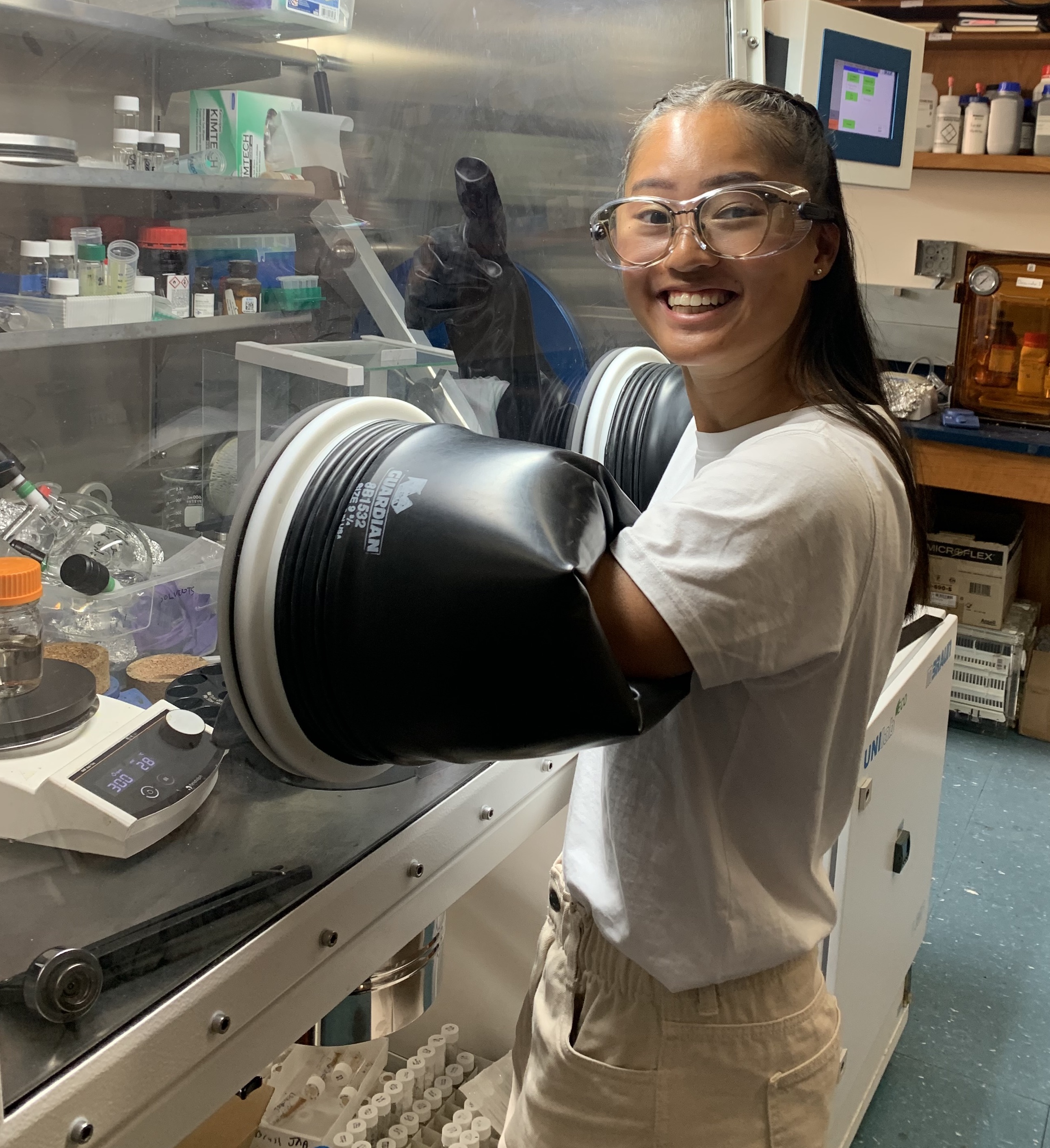
Bottlebrush polymers are linear and highly grafted polymers that show unique and intriguing properties. Unlike traditional linear polymers, bottlebrush polymers exhibit a remarkable suppression of entanglements even at high molecular weights. This makes them exceptionally soft when crosslinked and shows similar softness as hydrogels. Unlike hydrogels, they do not necessitate a hydrating environment. Bottlebrush polymers also have the ability to self-assemble which opens up for the possibilities within the 3D-printing field. The aim of this project is to synthesize bottlebrush polymers that can be utilized for 3D-printing of soft materials. The synthesis process involves an initial synthesis of two distinct macromonomers consisting of polydimethylsiloxane and polytetrafluoroethylacrylate. These macromonomers undergo polymerization using a grafting-through approach known as ring-opening metathesis polymerization, utilizing Grubbs 3rd generation catalyst. This results in the formation of a statistical co-bottlebrush polymer. The Flory-Huggins interaction parameter (χ) between the different macro-monomers contributes to a self-assembly of the bottlebrush, adding to its unique properties. This statistical co-bottlebrush polymer exhibits a recoverable yield stress, rendering it suitable for extrusion-based 3D-printing processes. Moreover, the bottlebrush polymer demonstrates an increased order disorder temperature due to its high χ, expanding the possibilities for thermal crosslinking chemistry. To assess the properties of the synthesized bottlebrushes, Nuclear Magnetic Resonance Spectroscopy, Gel Permeation Chromatography and Rheology experiments are employed for characterization. The results demonstrate a successful synthesis of bottlebrush polymers. Initial tests involving the extrusion of bottlebrushes using a 3D-printer indicate promising results. However, further investigation and optimization of 3D-printing parameters are required as well as an addition of a thermal crosslinker for curing the bottlebrushes